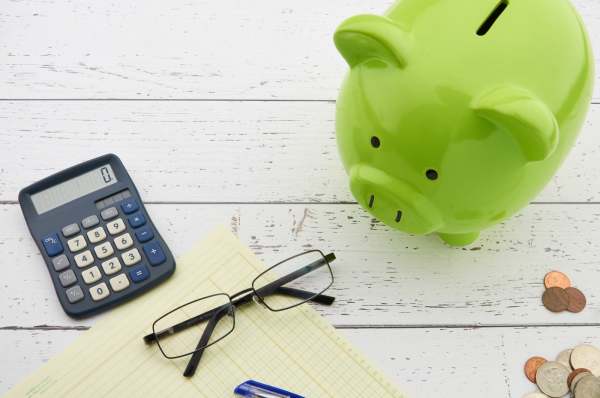The way that big banks, investment companies and other financial institutions manage money is causing major harm throughout the world. From funding fossil fuels to financing nuclear weapons, they fuel some of the dirtiest industries in the world.
Ethical savings provide a chance to redirect your money into more positive impacts. This article will talk about what that could look like and how to achieve it.
What are ethical savings?
Simply put, financial institutions decide what to provide money to. They use our savings to back investments in, and loans to, many different industries and projects.
Some companies will avoid funding toxic industries like coal and oil – a first step towards being an ethical finance option.
But the truly ethical options will also actively support companies and organisations doing something different. They will provide much needed backing for everything from community social housing and retrofits to solar panels and organic farming.
Ethical savings include money in your bank account, as well as any pension or an ethical investment. It might be money saved or invested with an ethical provider, or money that is directly funding a project you consider to be doing good in the world. Our guide to ethical investing has more information on this.
You may also want to consider the impact that a financial institution has in terms of their own direct practices. For example, do they avoid tax? Are they fuelling inequality through excessive directors’ pay? Many ethical options will have strong policies in these areas.







